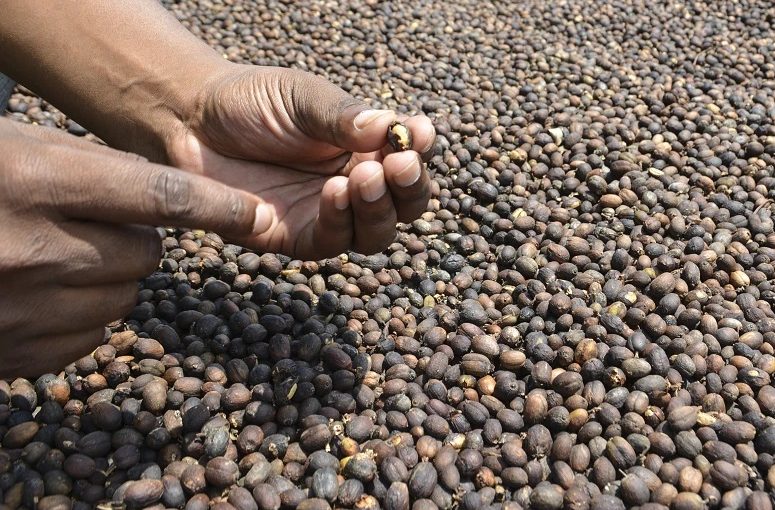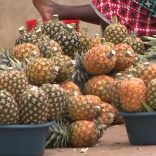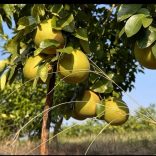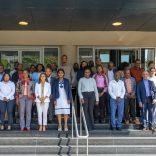Mozambique: Sofala set for $14 million canned fruit processing project
Mozambique: Gorongosa producing, processing honey, coffee

File photo: Lusa
Since Friday, the Gorongosa district, in the heart of Mozambique’s best-known national park, has been the first in the country to produce and process honey locally, at a daily rate of 300 kilograms, and is thinking of expanding to cashews.
‘This factory is the result of environmental conservation. The forest in Gorongosa is providing employment, it’s attracting factories. As well as this, we also have the coffee factory, which is still running at half capacity, but is producing,’ explained the administrator of Gorongosa National Park, Pedro Muagura, in an interview with Lusa.
This is an initiative of Gorongosa National Park (PNG) in central Mozambique, with funding of $174,000 (€160,000) from the governments of Ireland and Canada through a biodiversity conservation programme.
‘This factory has a production capacity of 1,000 kilograms of honey per day and is currently processing around 300 kilograms, but it could go up to 2,000 kilograms,’ added the PNG administrator, stressing that this is a unique project in the country.
‘It’s the first district that produces and processes its raw materials locally. The products are produced and processed locally, which is very good for the country,’ he added.
Pedro Muagura said that PNG had earmarked most of its territory for forest conservation, which raises its level of biodiversity protection, managing to support the two important factories processing local raw materials: coffee and honey.
In addition to selling the product on the domestic market, PNG sees exports to European countries as the next step in the business, as well as the expansion of a cashew processing unit produced in the park.
‘We’re planning to set up another cashew factory, and we’re currently encouraging cashew planting,’ he concluded.
Gorongosa was Portugal’s first national park in 1960, during the colonial era. The civil war that followed Mozambique’s independence tore it apart between 1977 and 1992.
In 2008, the foundation of US millionaire and philanthropist Greg Carr signed a 20-year management agreement with the Mozambican government—extended for another 25 years in 2018—which has led to its renewal on several fronts. Social projects allied to conservation have grown, and the number of animals has grown from 10,000 to over 102,000.













Leave a Reply
Be the First to Comment!
You must be logged in to post a comment.
You must be logged in to post a comment.